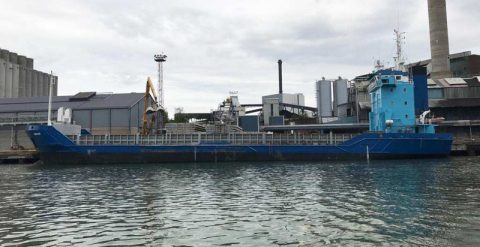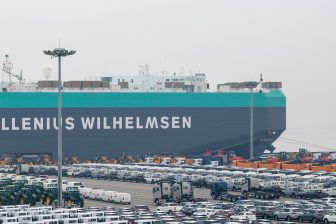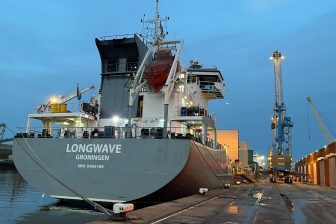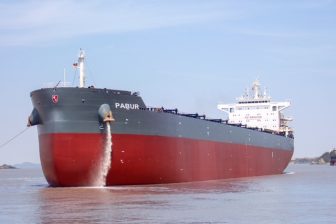
Meriaura Group moves towards zero-waste fleet
After first tackling its fleet’s air emissions by using bio-oil and low-sulphur fuels, Finnish company Meriauri Group now targets ship-generated waste. As a first step, all grey and black water will be landed in port.
Meriaura has been working with the Finnish Transport Safety Agency TRAF on a study looking at ways of reducing ship-generated waste. To gain insight into the amount and sort of waste generated on board, five of Meriaura’s vessels reported and specified the amount of ship-generated waste, and how and where the waste was removed from the ship.
Measures
Following this study, the company has announced a number of measures that go beyond international MARPOL requirements. MARPOL regulates which waste fractions must be landed in ports and which types of waste can be discharged into the sea (at a minimum distance of 12 nautical miles from the nearest land). The latter include food waste, crushed and disinfected or untreated grey and black water and bilge water under certain conditions.
The first measure taken by Meriaura is to stop all of its fleet’s discharges into the sea from 1 July 2019. This includes all waste, even grey and black water, which entails everything will be handed in in port. In autumn, the company will implement standards for all of its fleet’s practices aimed at reducing consumption, improving recycling and reuse of materials, and minimising food waste. The company aims to become the least waste producing fleet by the end of 2020.
Recycling
Yet, the succes of the project will depend on the cooperation of the Baltic ports the company operates in. The ability of ports to handle and receive different waste fractions is key to minimising the environmental strain of ships. Still too often the company sees recyclable waste sorted onboard being dumped into the same container. Meriaura hopes their waste-reduction project will stimulate ports in the Baltic Sea to step up their recycling facilities.
You just read one of our premium articles free of charge
Register now to keep reading premium articles.




